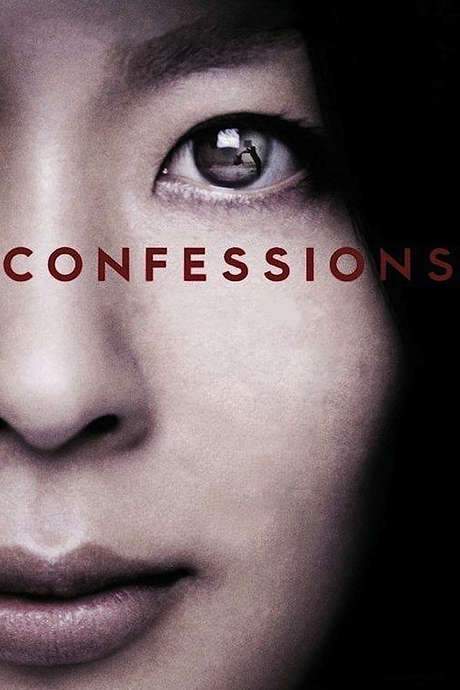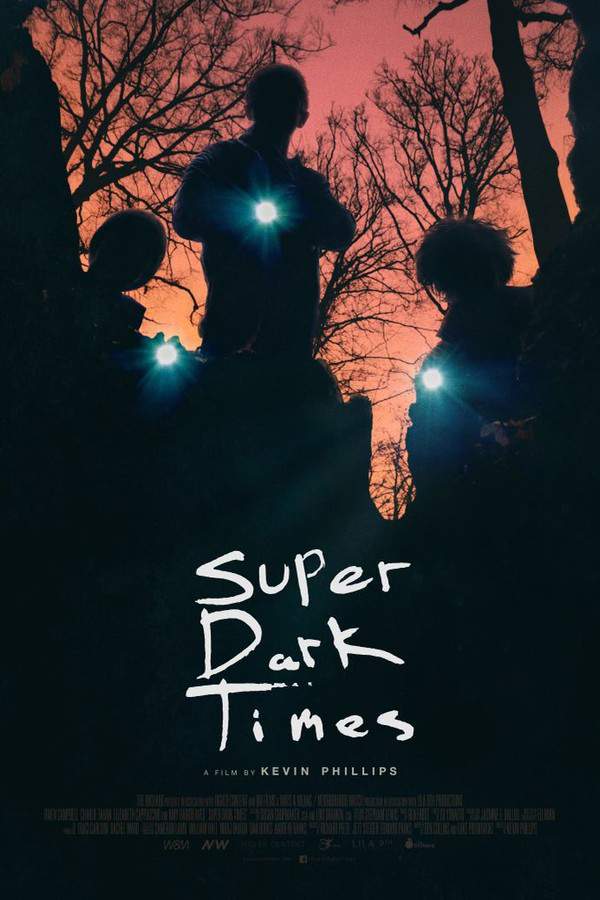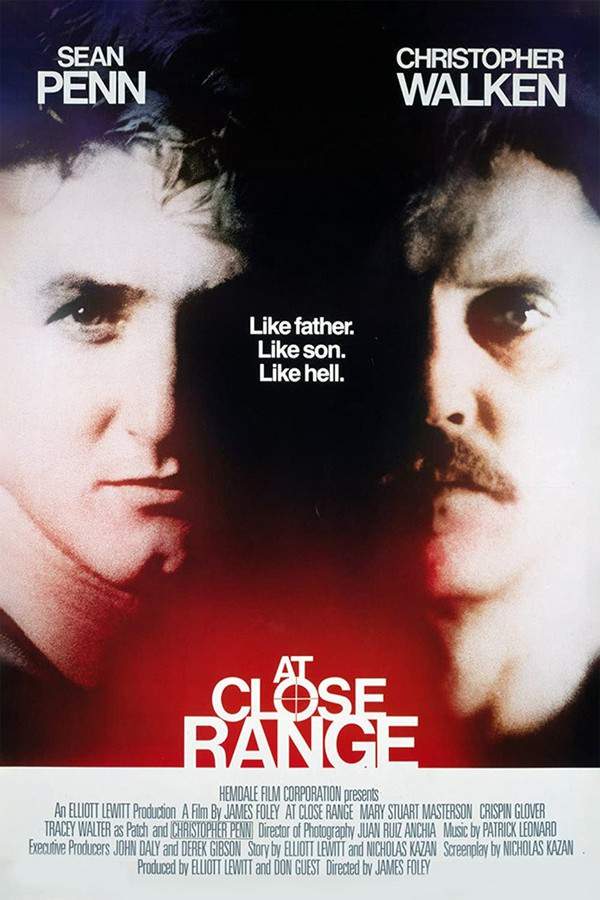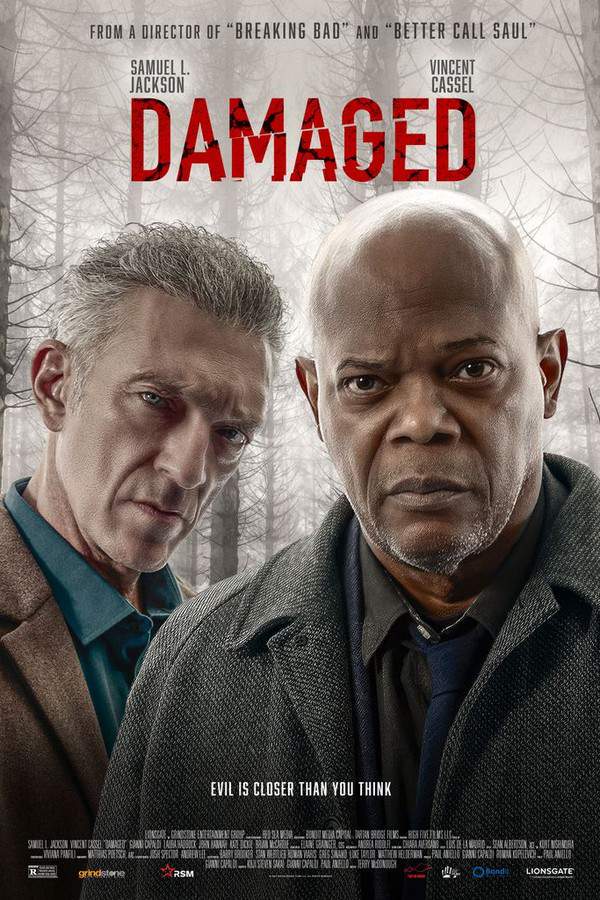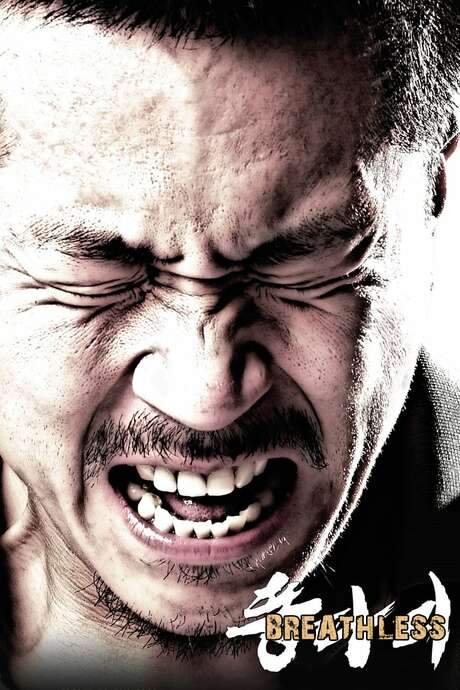
Miss Violence
Year: 2013
Runtime: 99 mins
Language: Greek
Director: Alexandros Avranas
When eleven-year-old Angeliki dies on her birthday, jumping from a balcony with a smile, the police and social services investigate the circumstances surrounding her death. The family, however, maintains that it was a tragic accident. As authorities probe for answers, a disturbing secret emerges, prompting questions about the family's insistence on moving on and the truth behind Angeliki’s final moments.
Warning: spoilers below!
Haven’t seen Miss Violence yet? This summary contains major spoilers. Bookmark the page, watch the movie, and come back for the full breakdown. If you're ready, scroll on and relive the story!
Miss Violence (2013) – Full Plot Summary & Ending Explained
Read the complete plot breakdown of Miss Violence (2013), including all key story events, major twists, and the ending explained in detail. Discover what really happened—and what it all means.
On her eleventh birthday, Angeliki, Chloe Bolota, commits suicide by jumping from the balcony of her family’s apartment, a moment that sets off a long, haunting unraveling of a household already wrapped in silence. This tragedy reverberates through Angeliki’s world, which includes her grandparents, the unnamed Father and Mother; their eldest daughter and Angeliki’s mother, Eleni Eleni Roussinou; their younger daughter, Myrto [Sissy Toumasi]; and Eleni’s two other children, Philippos [Constantinos Athanasiades] and Alkmini [Kalliopi Zontanou]. The police begin a cautious inquiry, asking whether Angeliki may have suffered domestic trauma, but the family insists her death was an accident and asks to be left alone to grieve.
Beneath a public curtain of modesty, the Father projects a calm, friendly exterior while hiding a brutal, misogynistic regime at home. He strives to restore a sense of normalcy after the loss, flitting among neighbors and colleagues with a smile, yet at home he enforces a chilling control: emotions are to be suppressed, grief denied, and obedience demanded. The Father’s grip tightens as he dictates the family’s pace and mood, and the Mother, living in fear of his temper, goes along with his commands rather than confront him. The eldest daughter Eleni, the family’s matriarch in this crisis, faces sharp reproach for her private sorrow, while the others learn to keep their heads down and their feelings hidden. The family’s dynamic is a fragile façade, and the tension simmers just beneath the surface, waiting for a moment to break.
The rot at the core of the household becomes explicit as the Father is revealed to be coercing Eleni and Myrto into prostitution for money, often taking part in the abuse himself. This cycle of violence is threaded through each generation: Eleni’s routines are invaded, and Myrto endures brutal violations, experiences that deepen her pain and lead her to self-harm as a coping mechanism—a pain that the Mother tries to cover up. In a chilling confession, Myrto tells Angeliki that she and Eleni were first sold into sex when they turned eleven—an age the patriarch deems appropriate for such violence—which fuels Angeliki’s desperate conclusion to end her life rather than be forced into a future she cannot imagine.
The narrative intensifies as the Father escorts Eleni to a gynecologist, who confirms that she is pregnant again; Eleni refuses to name the father, preserving a shroud of secrecy around the child’s parentage. Myrto’s fear escalates when the Father fetches her from school to be gang-raped by two paying customers, an act that is completed with the Father himself raping her as well. In a separate moment of horror, Alkmini is sold by her grandfather to a pedophile for sex, a revelation that darkens the family’s already tremulous orbit. The weight of these atrocities becomes almost unbearable, and the Mother’s choices grow more brutal as she eliminates her husband in his sleep, a moment that momentarily signals a sense of relief and freedom.
The morning after, Eleni discovers the Father’s body and feels a flicker of relief, only to confront a new reality: her daughter Myrto, her son Philippos, and Alkmini stand in formation before the Mother, who has taken control of the household in the wake of the murder. The Mother’s command rings clear as she orders Eleni to lock the door, and Eleni complies, stepping into a role defined by her power and fear rather than by love or hope. The film closes on a stark note, leaving the family’s traumas and the costs of silence exposed for all to see, as the cycle of abuse, control, and complicity continues to echo through the walls of the apartment.
This unflinching drama delves into the corrosive impact of domination and secrecy within a family, examining how fear and obedience can perpetuate harm across generations, and how the lure of normalcy can mask a brutal reality that no one dares to confront openly.
Last Updated: October 03, 2025 at 10:33
Explore Movie Threads
Discover curated groups of movies connected by mood, themes, and story style. Browse collections built around emotion, atmosphere, and narrative focus to easily find films that match what you feel like watching right now.
Grim domestic horror stories like Miss Violence
Stories where the home is a cage and the family are the jailers.If you were affected by the oppressive family dynamics in Miss Violence, this thread features other movies with similar stories. These films explore hidden abuse, psychological control, and the suffocating horror that can exist behind closed doors, often with a bleak and unflinching tone.
Narrative Summary
Stories in this thread typically follow an investigative or revelatory arc, where an external event or internal pressure forces the truth of a family's dysfunction into the open. The narrative focuses on the mechanisms of control, the complicity of silence, and the devastation of generational trauma, often ending without catharsis or escape.
Why These Movies?
These films are grouped by their shared commitment to depicting domestic abuse and psychological control with raw honesty. They create a similar oppressive mood, use a steady, deliberate pacing to build unbearable tension, and leave the viewer with a heavy emotional weight and a sense of grim inevitability.
Movies about systemic failure like Miss Violence
Stories where institutions fail to protect the vulnerable from harm.For viewers who appreciated the critique of institutional silence in Miss Violence, this collection highlights similar films. These movies show how police, social services, or communities fail to prevent tragedy, focusing on grim realism, heavy themes, and stories where the system is part of the problem.
Narrative Summary
The narrative pattern often begins with a tragedy that triggers a formal or informal inquiry. As the investigation progresses, it becomes clear that the problem is systemic and deeply entrenched, offering no easy solutions or happy endings. The journey is one of uncovering uncomfortable truths about power, complicity, and the fragility of justice.
Why These Movies?
These films are united by their focus on societal breakdown and the failure of protective institutions. They share a dark, somber tone, a steady pacing that mirrors the frustrating pace of real-world investigations, and a heavy emotional impact derived from the realization that evil is often enabled by silence and inaction.
Unlock the Full Story of Miss Violence
Don't stop at just watching — explore Miss Violence in full detail. From the complete plot summary and scene-by-scene timeline to character breakdowns, thematic analysis, and a deep dive into the ending — every page helps you truly understand what Miss Violence is all about. Plus, discover what's next after the movie.
Miss Violence Timeline
Track the full timeline of Miss Violence with every major event arranged chronologically. Perfect for decoding non-linear storytelling, flashbacks, or parallel narratives with a clear scene-by-scene breakdown.

Characters, Settings & Themes in Miss Violence
Discover the characters, locations, and core themes that shape Miss Violence. Get insights into symbolic elements, setting significance, and deeper narrative meaning — ideal for thematic analysis and movie breakdowns.

Miss Violence Spoiler-Free Summary
Get a quick, spoiler-free overview of Miss Violence that covers the main plot points and key details without revealing any major twists or spoilers. Perfect for those who want to know what to expect before diving in.

More About Miss Violence
Visit What's After the Movie to explore more about Miss Violence: box office results, cast and crew info, production details, post-credit scenes, and external links — all in one place for movie fans and researchers.













